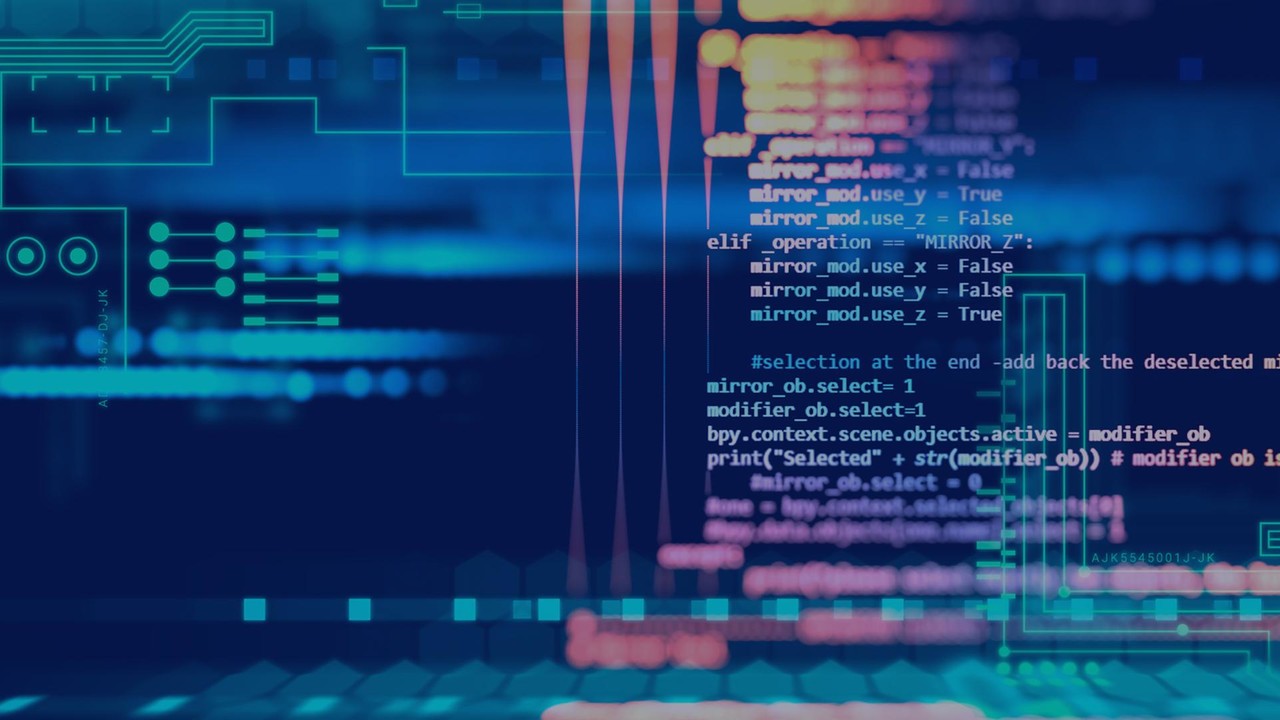L1 Terminal Fault: Intel erlaubt Herstellern eigene Benchmarks wieder

Die in der vergangen Woche bekannt gewordenen neuen Sicherheitslücken in Intel-Prozessoren unter der Bezeichnung Foreshadow und L1 Terminal Fault hatte der Chipriese mit eigenen Benchmarks untermauert. In einer geänderten Update Policy für Softwarehersteller ist diesen das laut Debian und Gentoo jedoch untersagt.
Unmut macht sich seit der Veröffentlichung der neuen Microcode-Updates von Intel für nahezu alle aktuellen Prozessoren und die der letzten acht Jahre breit. Während fast alle Softwareanbieter diese übernehmen, haben sich die Programmierer des Linux-Betriebssystems Debian das Kleingedruckte näher betrachtet und von einer Implementierung vorerst abgesehen, obwohl diese theoretisch bereits möglich wäre.
Unfortunately, that release is undistributable (refer to the new
"license" file that was added by Intel to the microcode data file pack
version 20180807).
Packages have been ready since 2018-08-08, but could not be uploaded (or
even pushed to public git trees) for that reason.
Intel has been made aware of the issue and pestered by just about
everyone, and should get it straightened up soon.
Henrique de Moraes Holschuh, Debian
Debian erklärt dabei auch, dass RedHat und SuSe die Bedingungen von Intel akzeptiert hätte, neben Debian aber auch Gentoo sich die Bedingungen näher ansehe, vor allem auch was das Mirroring, also die Weiterverteilung über alternative Server, betreffe. Dem Passus hatte Intel gegenüber The Register zumindest zum Teil bereits widersprochen, demnach sei es erlaubt, die angepassten Betriebssysteme inklusive neuem Microcode zu verteilen.
Intels Downloadarchiv führt den neuen Microcode separat zum Download und anschließenden Integration auf. Die betreffenden Zeilen, um die es geht, sind in einer separaten Datei zu finden, alternativ auch online bei Ubuntu in einem pastebin.
You will not, and will not allow any third party to (i) use, copy,
distribute, sell or offer to sell the Software or associated documentation;
(ii) modify, adapt, enhance, disassemble, decompile, reverse engineer, change
or create derivative works from the Software except and only to the extent as
specifically required by mandatory applicable laws or any applicable third
party license terms accompanying the Software; (iii) use or make the Software
available for the use or benefit of third parties; or (iv) use the Software on
Your products other than those that include the Intel hardware product(s),
platform(s), or software identified in the Software; or (v) publish or provide
any Software benchmark or comparison test results.
Intel
Insbesondere in den letzten Punkten stimmt auch Opensource-Pionier Bruce Perens in einem Blog-Posting mit ein. Demnach sei der Punkt der unabhängigen Vergleichbarkeit, Lieferung und Bereitstellung von eigenen Messwerten elementar wichtig und die Bedingungen nicht akzeptabel. Theoretisch und überspitzt ausgedrückt erklärt Perens, dies würde in dem Fall nämlich sogar einschließen können, dass CPU-Tests auf einer Plattform mit diesem Microcode gänzlich untersagt sind, da sie am Ende immer eigene Messwerte und Benchmarks liefern.
Benchmarks gibt es bisher deshalb nur von Intel. Diese zeigen kaum größere Auswirkungen durch die Fixes der neuen Sicherheitslücken, was nun jedoch unter Vorbehalt steht. Doch ist dies eigentlich immer bei Benchmarks, die direkt vom Hersteller geliefert werden, an der Tagesordnung und damit nur noch einmal ins Bewusstsein gerufen worden.
Der Redaktion liegt inzwischen eine knappe Stellungnahme von Intel vor, in der Anpassungen an der besagten Lizenz in Aussicht gestellt werden. Wie diese aussehen werden, bleibt abzuwarten.
We are updating the license now to address this and will have a new version available soon. As an active member of the open source community, we continue to welcome all feedback.
Intel
In der Nacht hat Intel die neuen Regeln online gestellt. Diese fallen deutlich einfacher aus, auch das Benchmarking ist somit wieder erlaubt, genau so wie die vielfältige Distribution. Der berechtigte Aufschrei von Debian, der dann großflächig in den Medien aufgegriffen wurde, war somit von Erfolg gekrönt.
Copyright (c) 2018 Intel Corporation.
All rights reserved.
Redistribution.
Redistribution and use in binary form, without modification, are permitted, provided that the following conditions are met:
- Redistributions must reproduce the above copyright notice and the following disclaimer in the documentation and/or other materials provided with the distribution.
- Neither the name of Intel Corporation nor the names of its suppliers may be used to endorse or promote products derived from this software without specific prior written permission.
- No reverse engineering, decompilation, or disassembly of this software is permitted.
“Binary form” includes any format that is commonly used for electronic conveyance that is a reversible, bit-exact translation of binary representation to ASCII or ISO text, for example “uuencode.”
DISCLAIMER.
THIS SOFTWARE IS PROVIDED BY THE COPYRIGHT HOLDERS AND CONTRIBUTORS “AS IS” AND ANY EXPRESS OR IMPLIED WARRANTIES, INCLUDING, BUT NOT LIMITED TO, THE IMPLIED WARRANTIES OF MERCHANTABILITY AND FITNESS FOR A PARTICULAR PURPOSE ARE DISCLAIMED. IN NO EVENT SHALL THE COPYRIGHT OWNER OR CONTRIBUTORS BE LIABLE FOR ANY DIRECT, INDIRECT, INCIDENTAL, SPECIAL, EXEMPLARY, OR CONSEQUENTIAL DAMAGES (INCLUDING, BUT NOT LIMITED TO, PROCUREMENT OF SUBSTITUTE GOODS OR SERVICES; LOSS OF USE, DATA, OR PROFITS; OR BUSINESS INTERRUPTION) HOWEVER CAUSED AND ON ANY THEORY OF LIABILITY, WHETHER IN CONTRACT, STRICT LIABILITY, OR TORT (INCLUDING NEGLIGENCE OR OTHERWISE) ARISING IN ANY WAY OUT OF THE USE OF THIS SOFTWARE, EVEN IF ADVISED OF THE POSSIBILITY OF SUCH DAMAGE.
